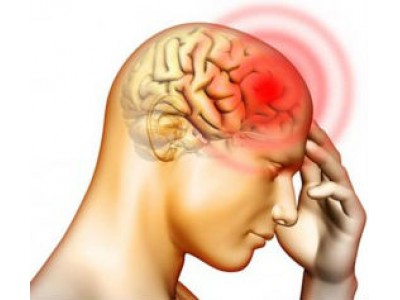Head pressure, pain, and dizziness can arise from a variety of causes, ranging from benign to more serious medical conditions. Tension headaches are a common cause and often result from stress, poor posture, or muscle tension in the neck and shoulders. Migraines, another frequent cause, can present with intense pain, sensitivity to light and sound, and dizziness. Sinus infections or sinusitis can also lead to head pressure and pain due to inflammation and congestion in the sinus cavities.
Also read drugstore spain.
Inner ear disorders, such as vestibular neuritis or labyrinthitis, can cause dizziness and a sensation of pressure in the head, as the inner ear plays a crucial role in balance. Meniere's disease, a chronic condition affecting the inner ear, can similarly lead to episodes of vertigo, head pressure, and hearing loss.
Cervicogenic headaches, originating from issues in the cervical spine (neck), can also cause head pain and dizziness. Conditions like whiplash or degenerative disc disease may lead to referred pain in the head and a sensation of imbalance.
Hypertension, or high blood pressure, can sometimes cause headaches and dizziness, particularly if blood pressure spikes significantly. Anxiety and panic attacks are also known to manifest with these symptoms, often accompanied by a feeling of tightness in the chest and rapid heartbeat.
More serious causes include brain tumors, which, although rare, can present with persistent headaches, dizziness, and other neurological symptoms. Traumatic brain injuries or concussions from head injuries should be considered, particularly if the symptoms follow a head trauma.
Lastly, dehydration, anemia, or blood sugar imbalances can lead to head pain and dizziness, underscoring the importance of maintaining good hydration, nutrition, and overall health. If these symptoms are persistent, severe, or accompanied by other concerning signs, it is crucial to seek medical attention for a thorough evaluation and appropriate management.
